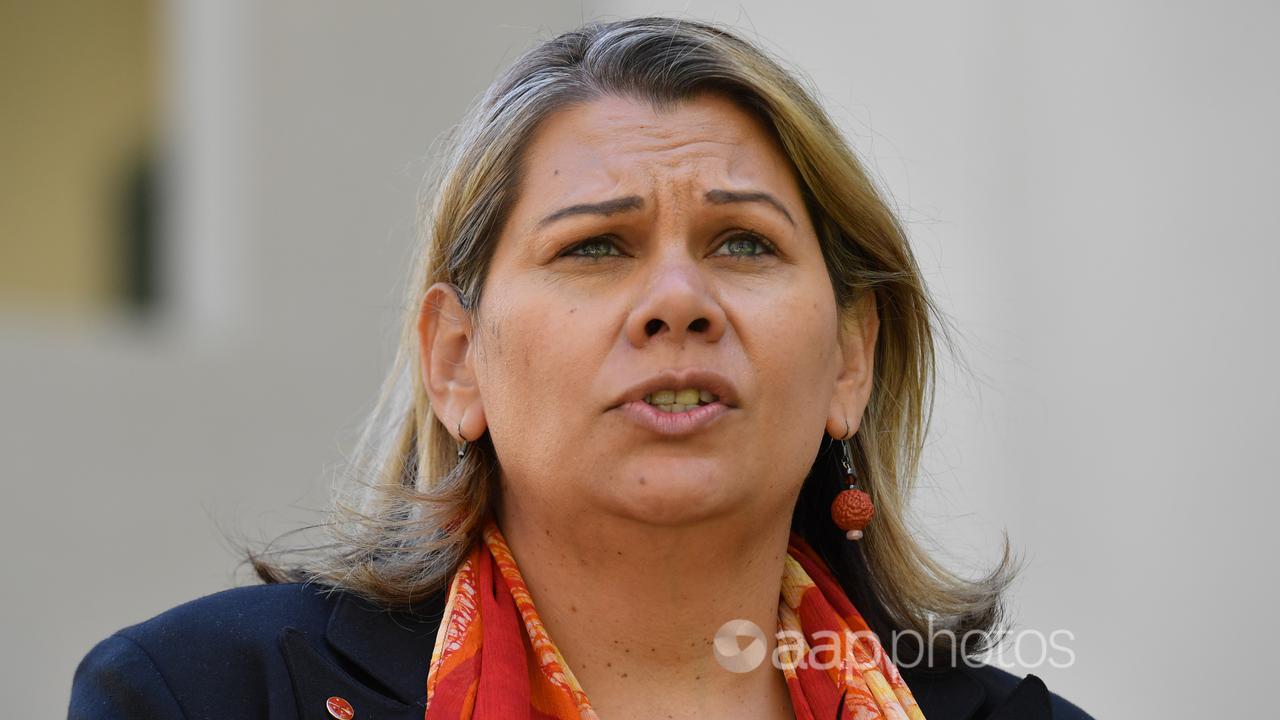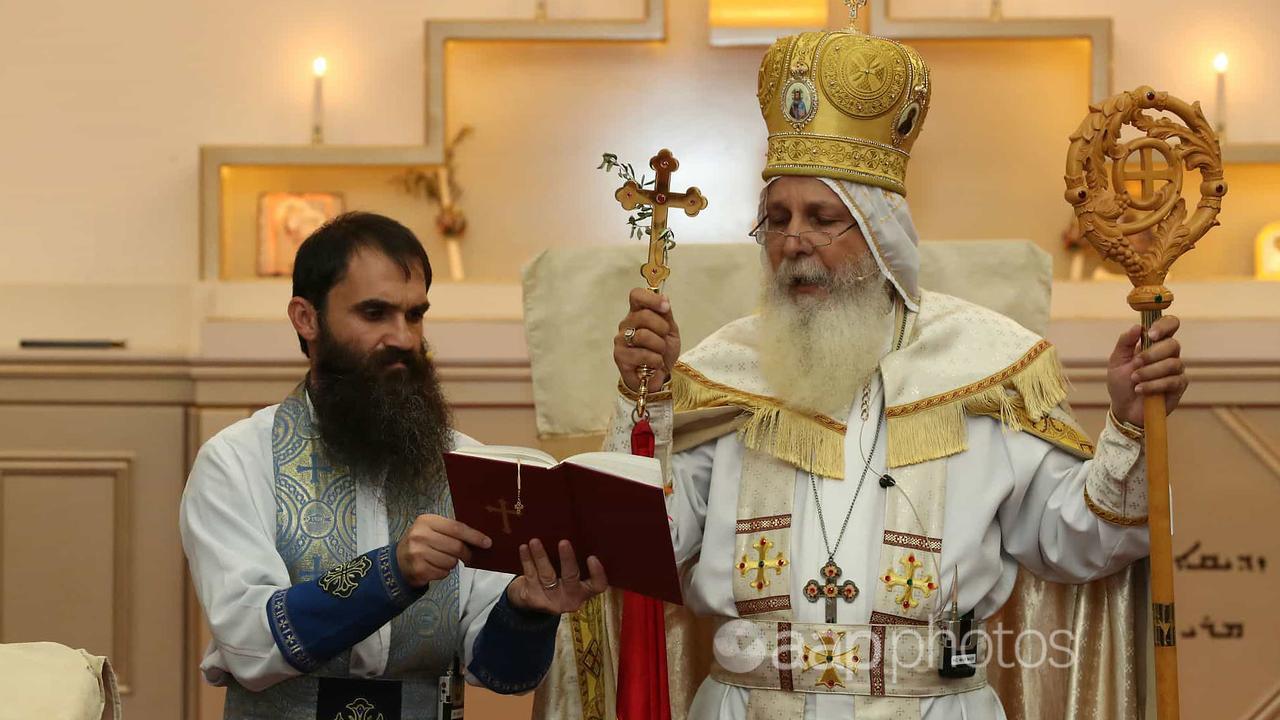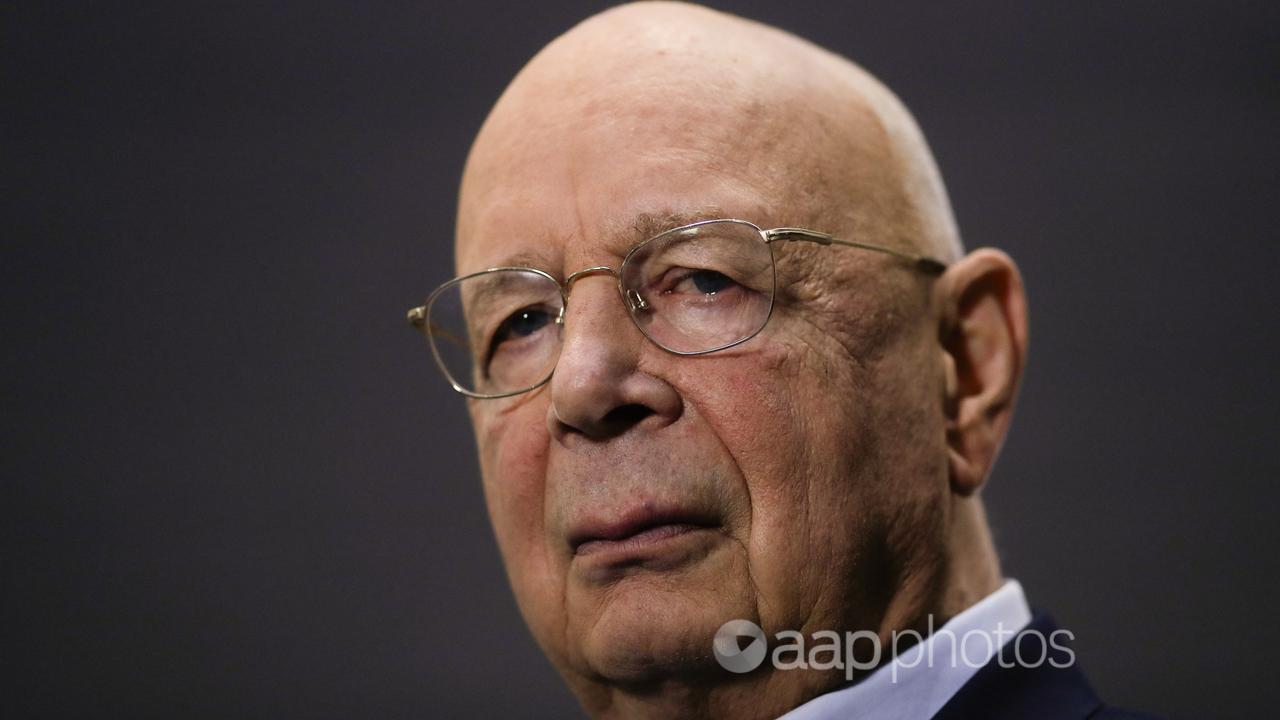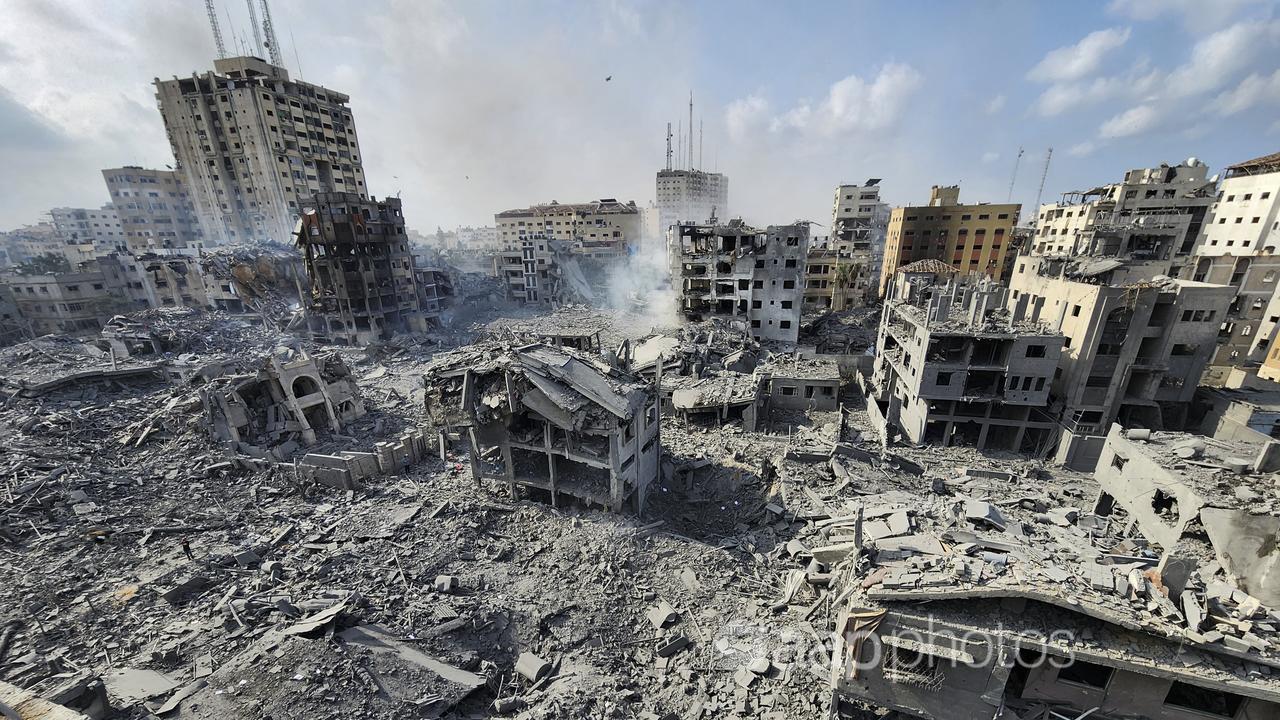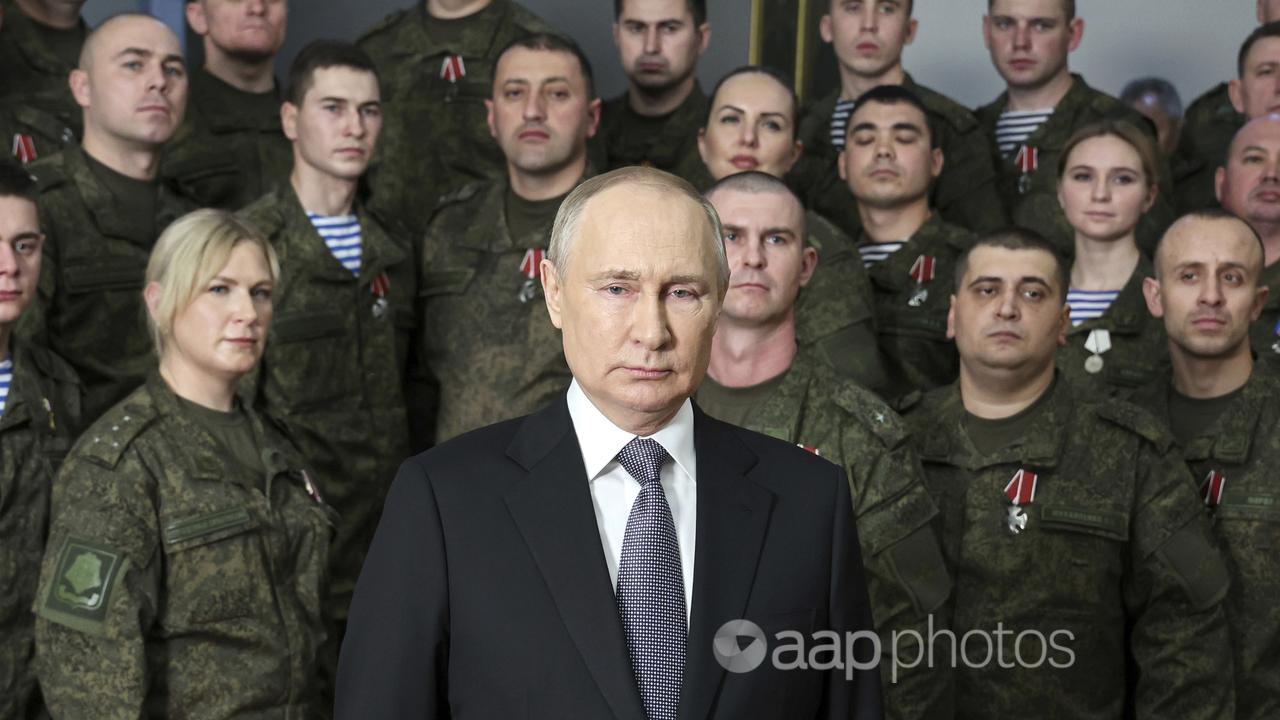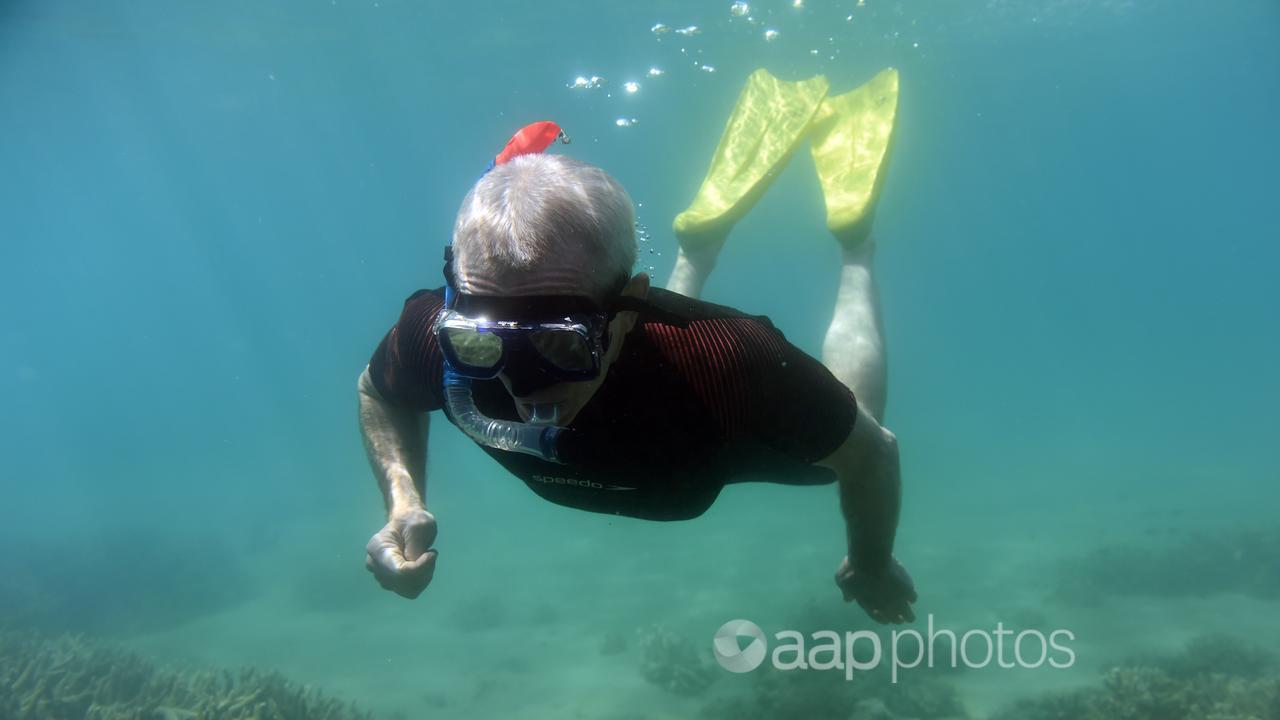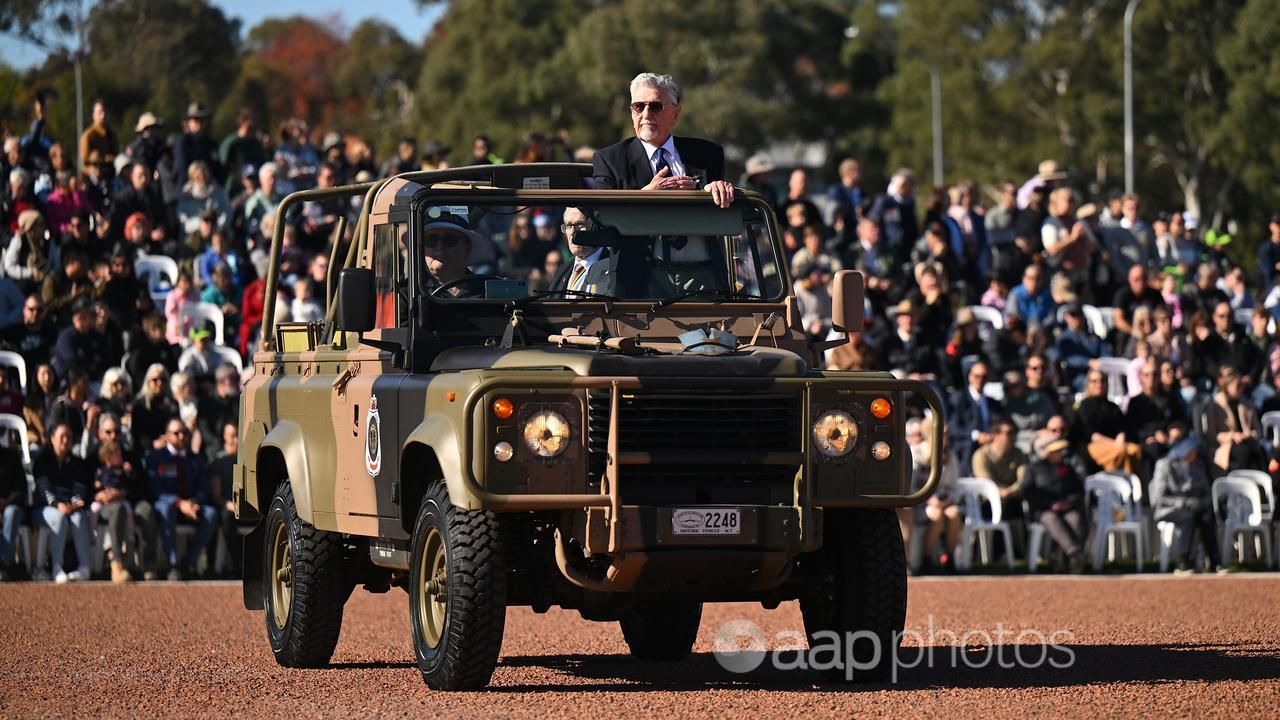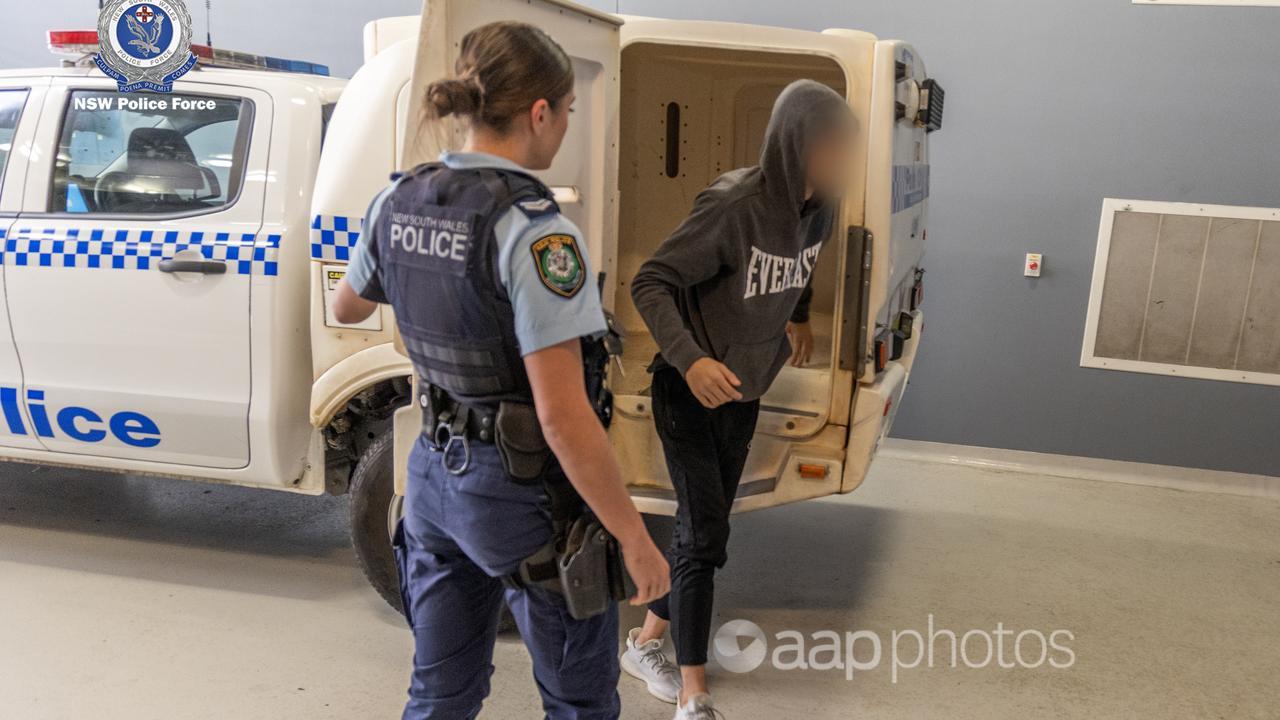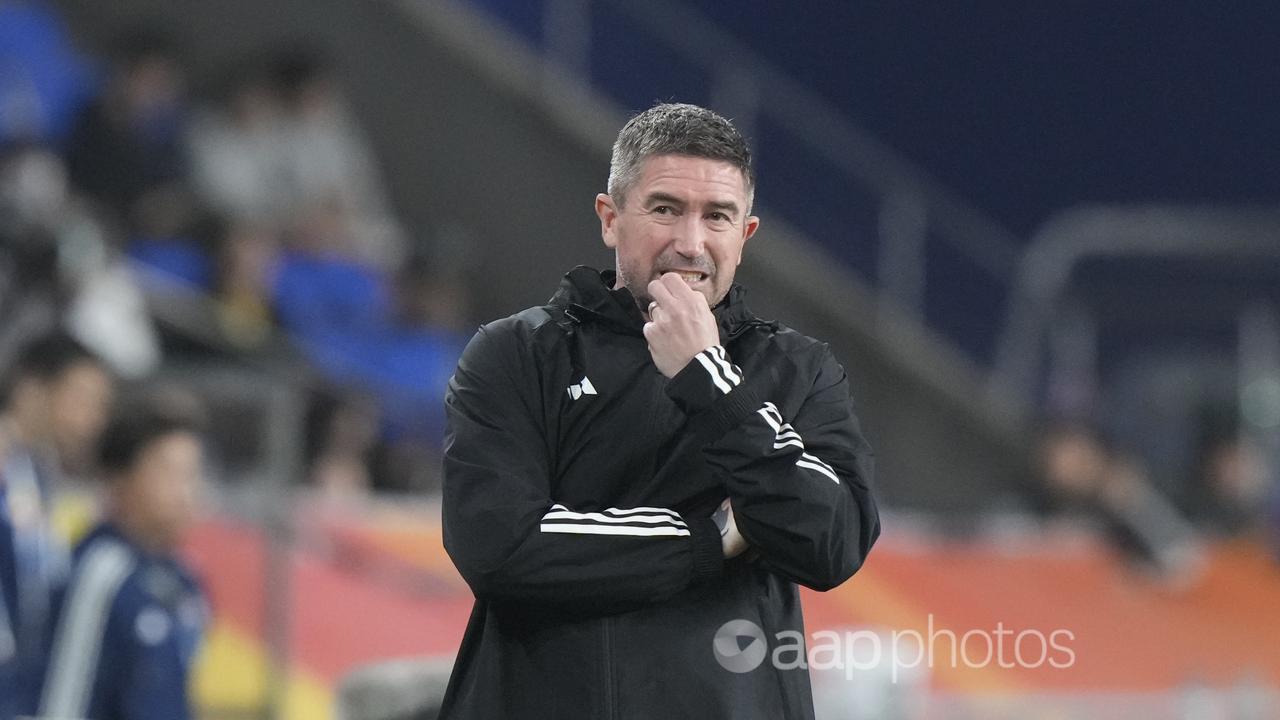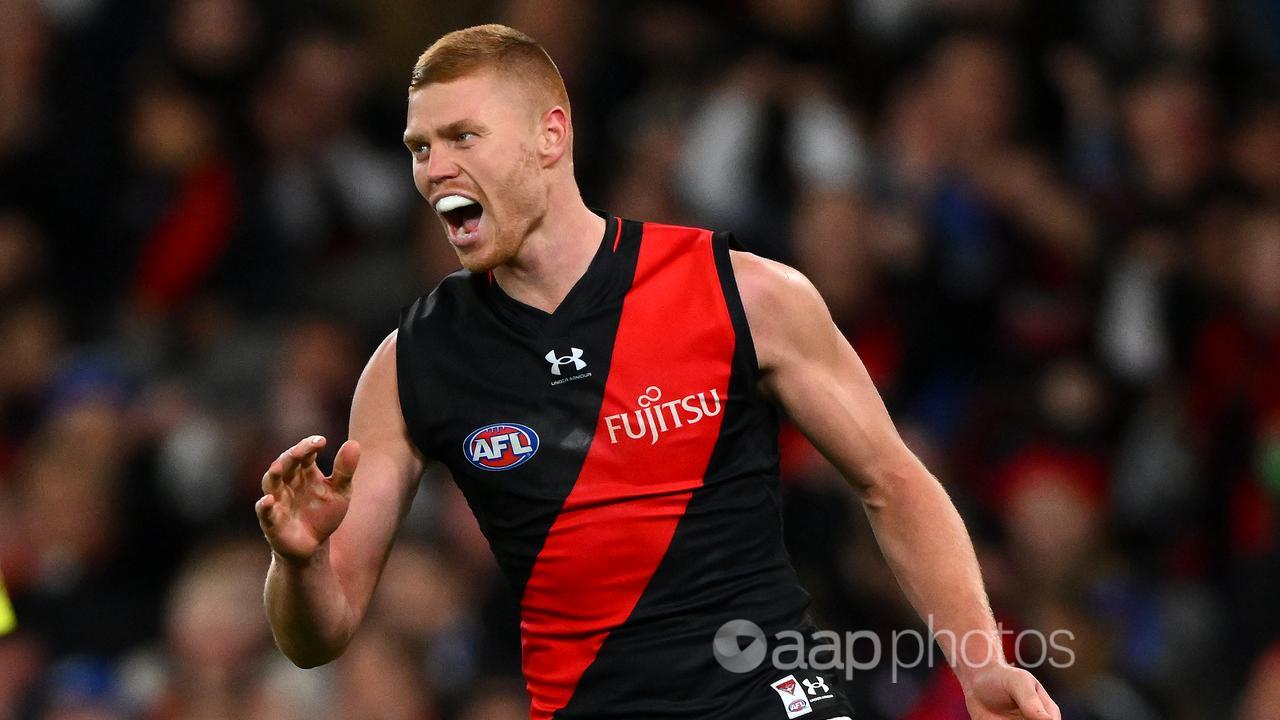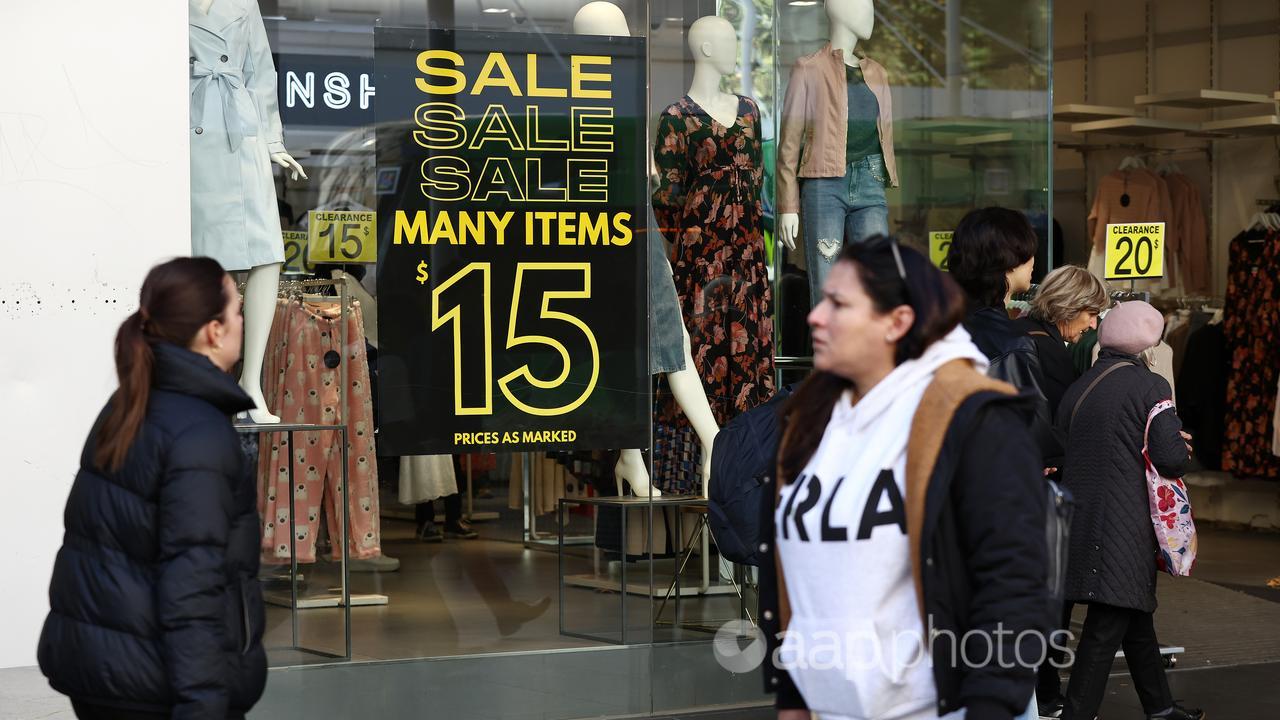Greens senator Dorinda Cox has questioned the validity of the consultation process for an Indigenous voice to parliament by claiming 60 per cent of participants in the First Nations Regional Dialogue events were actually non-Indigenous.
The claim is false. The Regional Dialogue events were led by and attended by Aboriginal and Torres Strait Islander peoples. The co-chair of the council that oversaw the consultation process said Senator Cox’s claim was “completely incorrect” and delegates were all Indigenous.
Senator Cox made the claim on August 23 during a radio interview on ABC’s RN Breakfast (audio mark 13min 18sec).
When asked for her views on the proposed Indigenous voice to parliament, Senator Cox said: “I’ve watched the … regional dialogues over the last five years … What we know is 60 per cent of them were non-First Nations people.”
When challenged by host Patricia Karvelas about the claim, Senator Cox said: “If you go back and read the report on the Voice to Parliament, and the Regional Dialogue 60 per cent of those were non-Indigenous people”.
Two days after the radio interview, Senator Cox told AAP Factcheck that the figure “may not be accurate”.
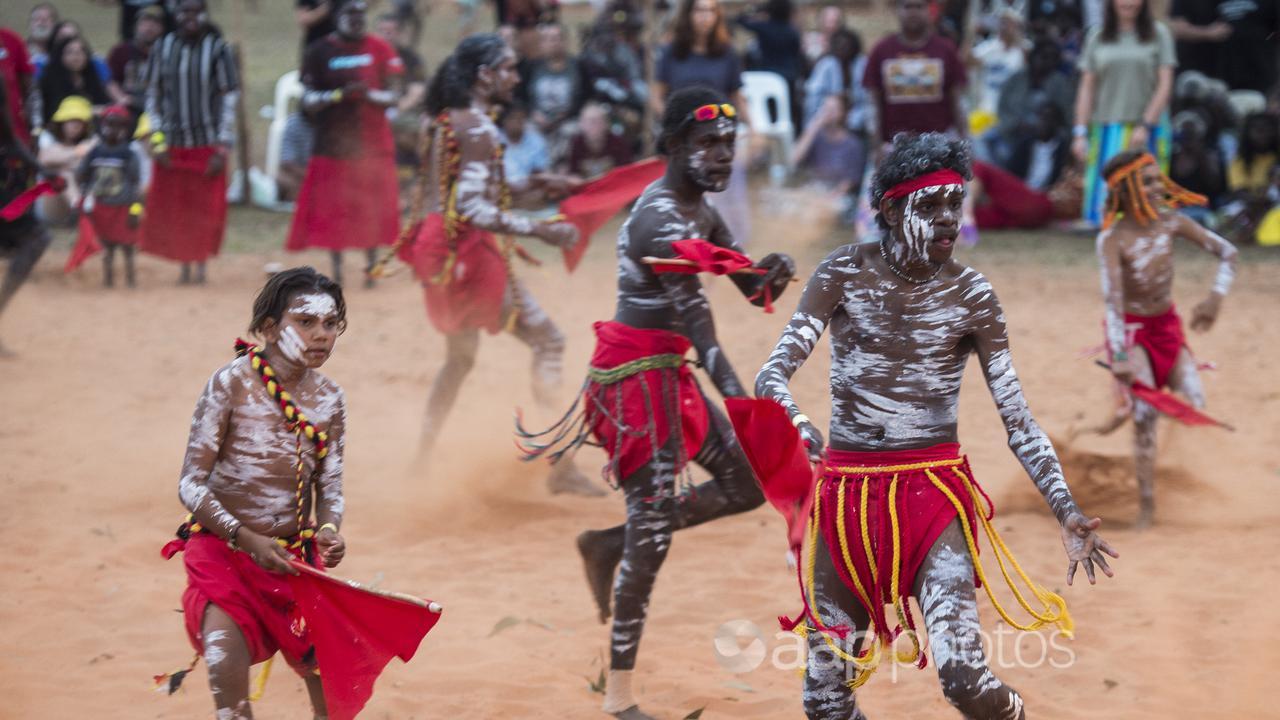
The First Nations Regional Dialogues events were meetings held in late 2016 and early 2017 as part of the national consultation process about how best to recognise Aboriginal and Torres Strait Islander peoples in the Australian Constitution.
The consultation process was overseen by the Referendum Council, an advisory body jointly appointed by Prime Minister Malcolm Turnbull and opposition leader Bill Shorten in December 2015.
Thirteen Regional Dialogue events were held throughout Australia (page 9), with the priorities from each of the meetings reported to a First Nations Convention at Uluru in May 2017.
The convention resulted in the ‘Uluru Statement from the Heart‘, which called for the establishment of an advisory First Nations ‘voice to parliament’ and a Makarrata Commission to supervise a process of ‘agreement-making’ and ‘truth-telling’ between governments and Aboriginal and Torres Strait Islander peoples.
Attendance to the Regional Dialogue meetings was by invitation only and capped at 100 participants per event.
The Referendum Council says on its website that it worked “in partnership with a host organisation at each location, to ensure the local community was appropriately represented in the process”.
Regional host organisations included (page 9) the Kimberley Land Council, the New South Wales Aboriginal Land Council, the South West Aboriginal Land and Sea Council (WA), the Federation of Victorian Traditional Owners Corporation and the North Queensland Land Council.
The council’s final report described the meetings as “Aboriginal and Torres Strait Islander designed and led dialogues” that engaged “1,200 Aboriginal and Torres Strait Islander delegates, out of a population of approximately 600,000 Aboriginal and Torres Strait Islander peoples” (page 109).
Co-chair of the Referendum Council, Pat Anderson AM, told ABC RN Breakfast on August 24 that Senator Cox’s comments were “completely incorrect” and “just not true”.
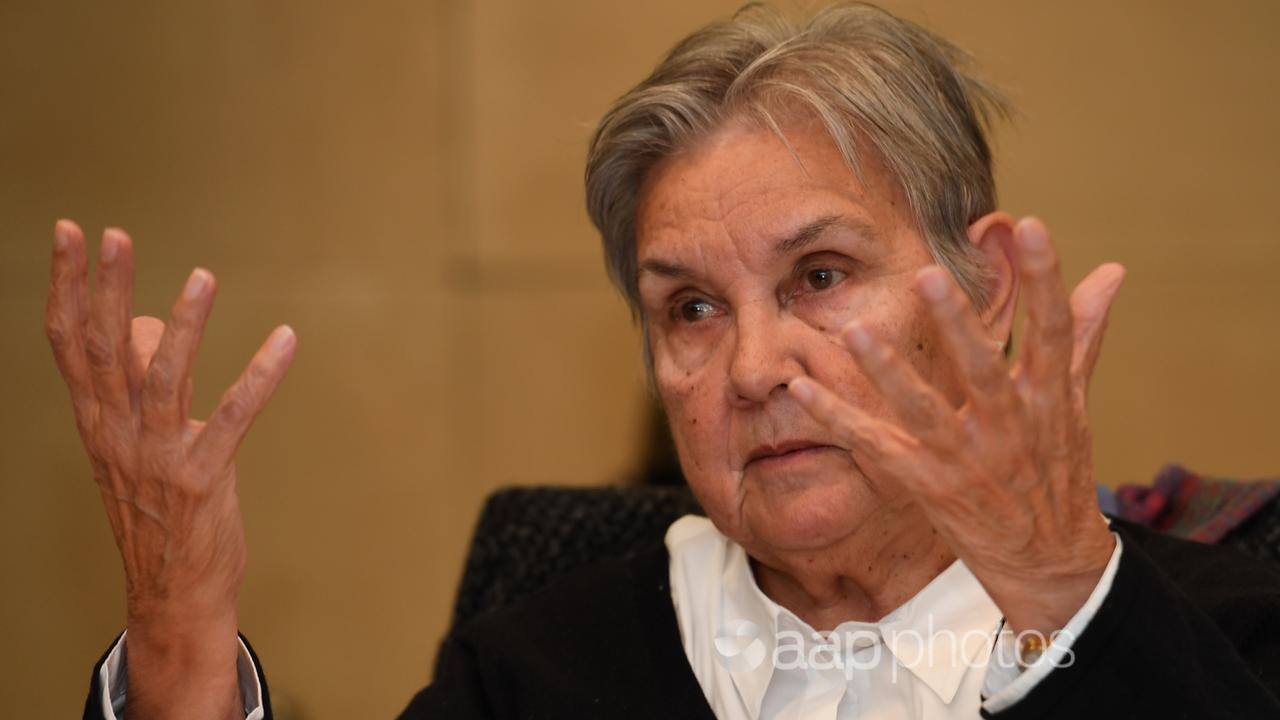
“The whole thing was designed to talk to First Nations peoples. So each dialogue was all First Nations people,” Ms Anderson said (audio mark 1min 46sec)
“It was 60 per cent of traditional owners and custodians to provide that cultural authority to each of the dialogues, 20 per cent were local community organisations and 20 per cent by local individuals such as activists and stolen generation and perhaps promising young people.”
AAP FactCheck asked regional host organisations how many participants at their respective events were Indigenous.
A spokeswoman for the South West Aboriginal Land and Sea Council (WA), which hosted a regional dialogue meeting in Perth in March 2017, confirmed to AAP FactCheck that all delegates at its event were Indigenous, other than a small number of government officials.
When contacted by AAP FactCheck, Senator Cox’s office acknowledged the claim she made in the radio interview may not be accurate.
A representative for Senator Cox said the figure was an “approximation of participation of First Nations and non-First Nations people in the Uluru consultation process, including the digital engagement, online and telephone surveys, and formal submissions that informed the regional dialogues”.
He added: “Upon further investigation, she acknowledges that figure may not be accurate. She maintains concerns that to date, the process may not have sufficiently put grassroots First Nations voices at the forefront.”
The Verdict
The claim that 60 per cent of delegates to the First Nations Regional Dialogue consultation events were non-Indigenous is incorrect.
The co-chair of the Referendum Council, the body that oversaw the consultation process, said all regional dialogue delegates were Aboriginal and Torres Strait Islander peoples.
A representative for Senator Cox has since said the 60 per cent figure may not be accurate.
False – The claim is inaccurate.
* AAP FactCheck is an accredited member of the International Fact-Checking Network. To keep up with our latest fact checks, follow us on Facebook, Twitter and Instagram.
All information, text and images included on the AAP Websites is for personal use only and may not be re-written, copied, re-sold or re-distributed, framed, linked, shared onto social media or otherwise used whether for compensation of any kind or not, unless you have the prior written permission of AAP. For more information, please refer to our standard terms and conditions.

